If parties enter into an employment contract, New Jersey law presumes they do so in good faith and plan to deal with each other fairly.
Employment contracts are sometimes used to define the specific terms and conditions of the relationship between an employee and an employer. Under New Jersey law, every employment contract contains an implied covenant of good faith and fair dealing. This means that even though it might not be explicitly stated in the contract itself, there is an understanding that both parties
- agree to the terms of the contract in good faith and
- plan to deal fairly with one another in performing and enforcing the contract.
Each party must act honestly and faithfully with respect to the contract. If a party acts dishonestly or knowingly deviates from the terms of the contract, a court would likely consider this bad faith and a breach of the covenant of good faith and fair dealing. A party that acts in bad faith—whether it is the employee or the employer—may be legally liable to the party who has acted in good faith.
To prevail on a legal claim for a breach of the covenant of good faith and fair dealing, a plaintiff must be able to show certain things.
- First, the plaintiff must show that a contract actually existed. Although most employment relationships are at will, the parties may have either an express or implied employment contract that governs their relationship.
- Then, the plaintiff must show that the other party acted in bad faith to deprive the plaintiff of some benefit defined in the contract. For instance, if an employee is entitled to pay for work already performed, but the employer, without just cause, refuses to pay, then the employer is likely acting in bad faith.
Although no strict test clearly defines the point at which the covenant of good faith and fair dealing has been broken, courts often consider a few key factors when deciding a bad faith claim. These factors include the relative power possessed by each party in the relationship, the level of sophistication of each party, and each party’s reasonable expectations for the contract at the time it was formed. It is important to note that a finding of bad faith cannot be based on an accidental or honest mistake. Rather, bad faith requires a finding that one party intended to act unfairly or deceive the other.
An experienced employment attorney can help you understand your rights and how to exercise them if you believe your employer has treated you unfairly. Since the law also requires that employees act in good faith with respect to an employment contract, it is important that you understand all the terms of any contract before binding yourself to it; it may contain provisions that limit your rights. By consulting with an attorney before you enter into an employment contract, you can help ensure that you are treated fairly and that you do not mistakenly agree to contract terms that could have a negative impact on your future.


